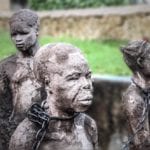 History
History  History
History  Animals
Animals Ten Times It Rained Animals (Yes, Animals)
 Mysteries
Mysteries 10 Devastating Missing Child Cases That Remain Unsolved
 Creepy
Creepy 10 Scary Tales from the Middle Ages That’ll Keep You up at Night
 Humans
Humans 10 One-of-a-kind People the World Said Goodbye to in July 2024
 Movies and TV
Movies and TV 10 Holiday Movies Released at Odd Times of the Year
 Politics
Politics 10 Countries Where Religion and Politics Are Inseparable
 Weird Stuff
Weird Stuff 10 Freaky Times When Famous Body Parts Were Stolen
 Miscellaneous
Miscellaneous 10 Interesting Things Manufacturers Stopped Making and Why
 Gaming
Gaming 10 Funny Tutorials in Games
 History
History 10 Desperate Last Stands That Ended in Victory
 Animals
Animals Ten Times It Rained Animals (Yes, Animals)
 Mysteries
Mysteries 10 Devastating Missing Child Cases That Remain Unsolved
Who's Behind Listverse?

Jamie Frater
Head Editor
Jamie founded Listverse due to an insatiable desire to share fascinating, obscure, and bizarre facts. He has been a guest speaker on numerous national radio and television stations and is a five time published author.
More About Us Creepy
Creepy 10 Scary Tales from the Middle Ages That’ll Keep You up at Night
 Humans
Humans 10 One-of-a-kind People the World Said Goodbye to in July 2024
 Movies and TV
Movies and TV 10 Holiday Movies Released at Odd Times of the Year
 Politics
Politics 10 Countries Where Religion and Politics Are Inseparable
 Weird Stuff
Weird Stuff 10 Freaky Times When Famous Body Parts Were Stolen
 Miscellaneous
Miscellaneous 10 Interesting Things Manufacturers Stopped Making and Why
 Gaming
Gaming 10 Funny Tutorials in Games
Top 10 Misconceptions About Africa
I am African, well I’m Namibian which is in Africa, so I guess I can call myself African. I was born in Namibia, my parents were born in Namibia, and even my grandparents were born in Namibia. I have traveled to several countries in Africa and have done a lot of research on the ones I have not visited, and I think I have a pretty clear idea of how it is. I have always gotten very irritated with the ignorance of some people and would like to tell at least a small part of the world about the real Africa. Media has been a real disaster when it comes to Africa, as they only show the arid deserts, people starving and animals everywhere. If you have ever been deceived by these misconceptions, blame the media.
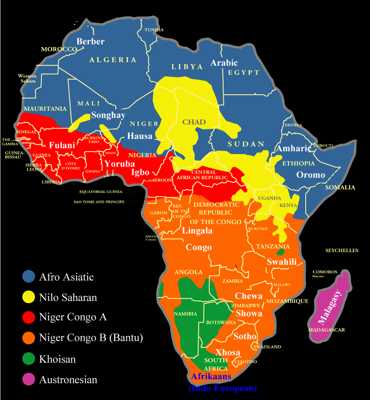
Africa is not a country, but a continent. In fact it is the second largest, and second most populated, continent besides Asia. Africa has about 1 billion people and 61 different countries within it. So to end this misconception& – Africa is definitely not a country!
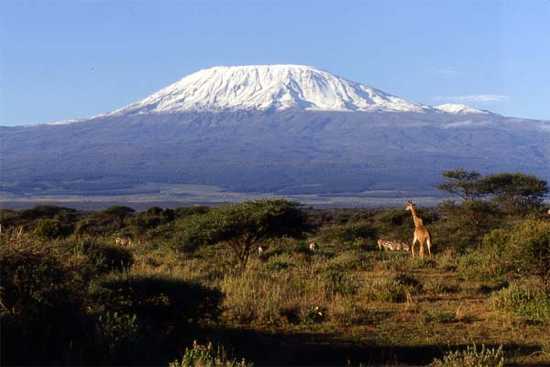
While there are a few deserts in Africa (like the Sahara Desert in the North and the Namib Desert in the Southwest of Africa), large parts of Africa, especially central Africa, are tropical rainforests. On high mountains, like Mount Kilimanjaro in Tanzania, are subarctic conditions. Furthermore, large areas in Africa have savannah plains, which are similar to prairies. So Africa is definitely not just a desert.
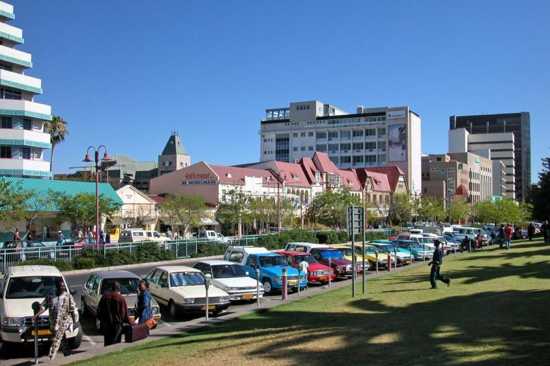
Many people believe that all African people live in mud and dung huts. This is complete nonsense. There are buildings and towns and cities in every country in Africa. If you were to google the capital of any country you would be surprised by what you see. That is also not to say that no people in Africa live in huts, as there are a lot of tribes that still choose to live in their traditional villages in huts, but the bulk of each country have become westernized and civilized. Even in Africa you find those landscape spoiling skyscrapers and concrete covered metropolises. [Pictured: Windhoek, capital of Namibia.]
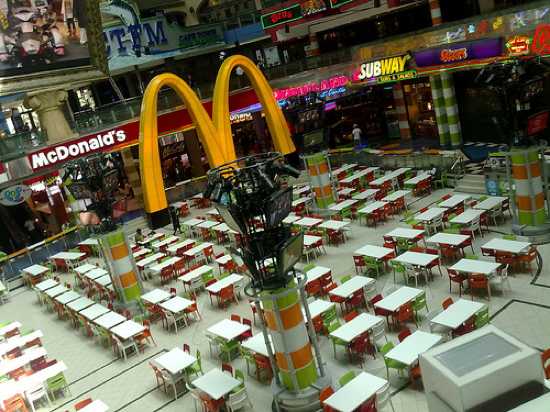
This misconception does hold a small amount of truth to it, but nothing like what most people think. First of all, not all food in Africa is strange. It is not difficult to find a KFC or McDonald’s in many countries in Africa. There are restaurants where you can order a nice and juicy filet steak, seafood, pizza, pasta, burgers and basically whatever else you can think of. One of the most popular family meals in southern Africa is a “braai,” which is just an ordinary classic barbecue. In the more rural villages and tribes the people hunt for their food and so eat mostly game meat and, on occasion, they will eat certain types of worms, like the Mopani worm. It is impossible to find these foods in the towns and cities, so if you were ever to come and visit Africa, I doubt that you would even come across any of these.
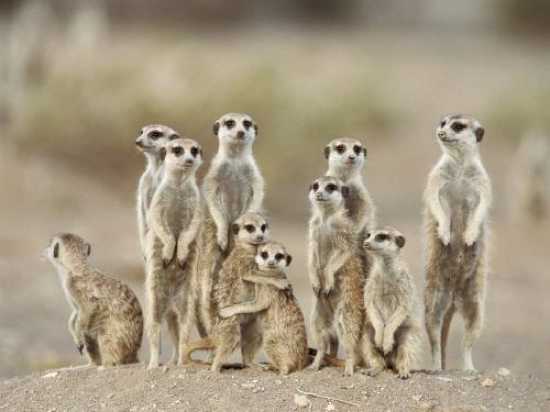
I have been asked on so many occasions if I have a pet lion, or if there are antelope outside my house. Well let me ask you – do you have a pet bear??? Of course not, there are just as many wild animals walking through my city at the moment as there are in New York. Wild animals are kept out of towns and cities by the lack of food, habitat and fences. The animals outside the cities and towns are completely wild and even the select few people that have hand-reared a lion will tell you that a wild animal will always be wild. So no, there are no wild animals walking down the street… The only wild animals that are everywhere in my town are the meerkats.
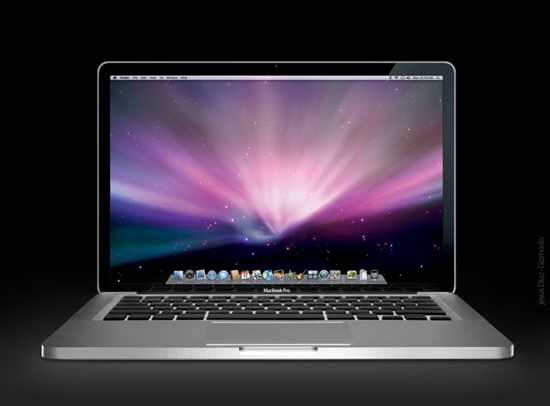
This one I always find very funny. People that I have conversations with online are often shocked that I come from Africa and that I have a computer. In one hilarious exchange I had a guy believe that I was using a steam powered computer! Let me just put it like this: Africa has almost everything the rest of the world has, we just get it a couple of months later than everyone else. And no, we aren’t still stuck on dial-up!

This is one of the most ridiculous ones I have ever heard. I think Africa is the most diverse continent in the world as there are hundreds of different languages spoken across it. Even just in my country, Namibia, there are 20 national languages including German, Afrikaans, English, Oshiwambo, Otjiherero, Portuguese, as well as the languages of the Himba, Nama, San, Kavango and Damara. Every country in Africa has at least five lesser languages as well as the common language, and it is true that many of these languages have clicks in them, but they are definitely not all the same language.

Let me just clear this bit of confusion immediately by saying there are plenty. To prove my point I have chosen to use agoda.com to pull the number of hotels they have from all the listed cities in South Africa. The results were as follows : Johannesberg – 62, Cape Town – 84, Durban – 52, Knysna – 56, Port Elizabeth – 39, Umshlanga – 31, Nelspruit – 17 and Hermanus – 31.That is a total of 372 hotels in South Africa, and considering those were just the ones listed on the one website I think it is safe to say that there are plenty of hotels in Africa. And it is very easy to land yourself in the lap of luxury in a Hilton hotel.
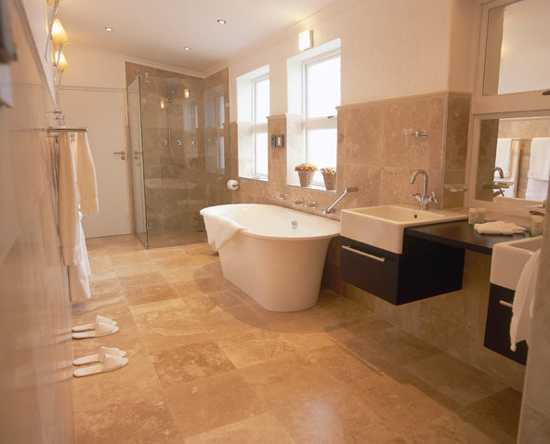
On this one I would like to admit that every country has its own taste in toilets. I have traveled to a few countries and a toilet is a thing that is as different as the culture. American toilets have a tendency to be full of water, almost to the top. Italian toilets have a platform at the front of their toilets with a small hole with water at the back. The Thai toilets, in the more rural areas, are just like squatting platforms with no bowl or seat. With that said, I would say that southern Africa’s toilets are reasonably normal. They have a bowl, a seat, and water, a little less water than the American and a little more water than the Italians. There Are some pit latrines and long drops in the desert, but those are mainly just for people that feel the need to camp out in the middle of nowhere, but still don’t just want to squat behind a bush.
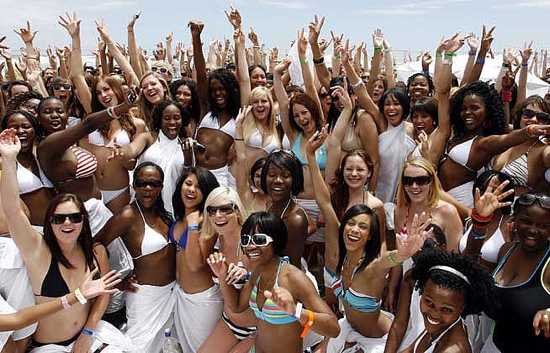
For all those who believe that all African people are black, are all American people Native Americans? Hundreds of years ago, European explorers, conquerors and settlers traveled around the globe and developed the land they settled on. This happened all over the world including in North America, South America, Asia and Africa. The first white people that settled in Namibia for example, were Portuguese and did so over 400 years ago. Dutch settlers went to South Africa, French settlers went to Angola, and so the white people in Africa grew in numbers over the last 500 years. There are many white people in many countries in Africa, but that’s not all, there are also a lot of Indian, Chinese and Malaysians in South Africa. South Africa is known as the rainbow nation, and rightly so. African is not a race!
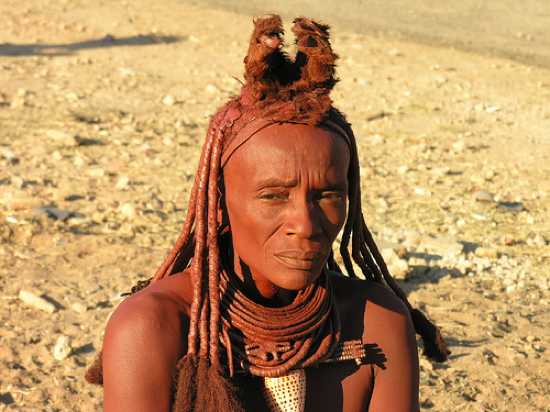
I have, on several occasions, heard people say, when describing their ethnicity, that they are (for example) 1/4 Spanish, 1/4 British, 1/4 Russian, 1/4 Black. That is incorrect as the first three races that they mentioned are all white, so why generalize about your black genetics? The Ovihimba people are as different as night from day compared to the Herero people, and they are all black. In Africa you also have different colors of black for the different tribes and different areas in Africa. As an example, the Angolan people tend to be almost blue black in color, whereas the San people are much lighter in complexion, more of a dark tan color, and the Ovahimba people (above) pride themselves in a reddish undertone. If you are black, or have some black genes in you, I would advise you to find out more about your family history and where your ancestors came from, than to generalize and say that you are just black.


